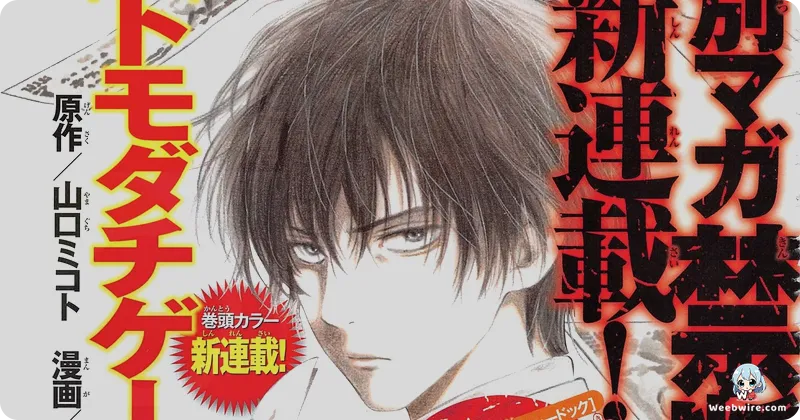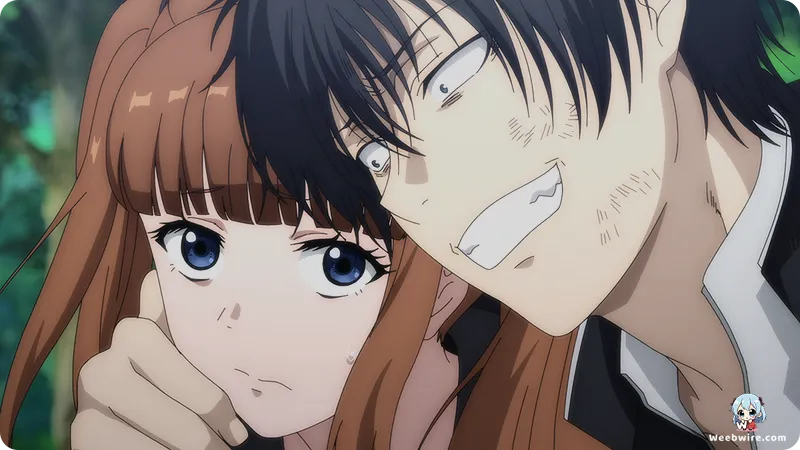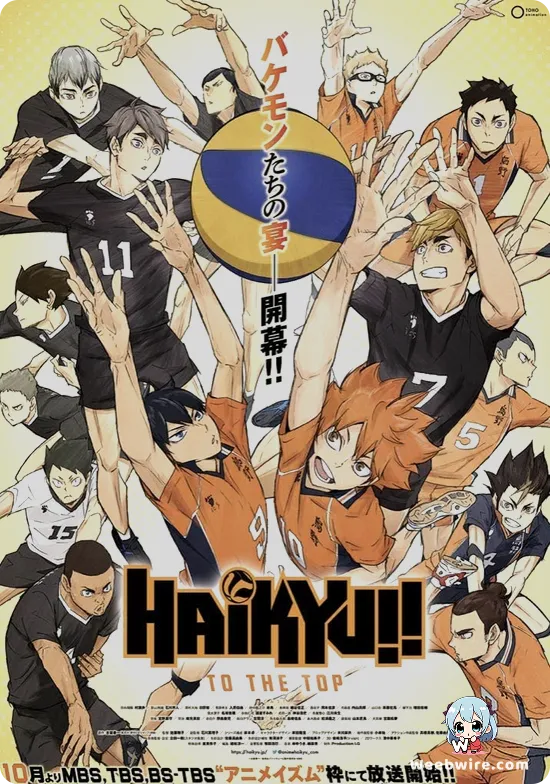Unmasking the Depths of Deceit: 'Tomodachi Game' Continues to Captivate with its Psychological Masterclass

Since its compelling debut in 2022, the anime adaptation of Tomodachi Game has captivated audiences with its chilling narrative, where the very essence of friendship is brutally tested. Far more than a simple story of five high school students battling a massive debt, this series, brought to life by Okuruto Noboru, offers a profound exploration of human psychology. It meticulously weaves a web of deception, rewarding keen observers with an unparalleled viewing experience.
The Enigmatic Yuuichi Katagiri
At the heart of Tomodachi Game lies the enigmatic Yuuichi Katagiri. Initially appearing as a paragon of loyalty and kindness, Yuuichi's facade crumbles under the relentless pressure of the games, slowly revealing a calculating, manipulative genius beneath. This startling duality is not merely a plot device; it is the cornerstone of the series' psychological brilliance. Fans have endlessly theorized about the origins of Yuuichi's hidden depths. Is it a scar from past trauma, an inherent trait, or a carefully constructed persona for survival? The original manga, crafted by Mikoto Yamaguchi and illustrated by Yuki Sato, subtly hints at a troubled pre-Tomodachi Game history, ensuring Yuuichi remains one of the most unpredictable and compelling protagonists in recent anime history.
The Deceptive 'Friendship Game'
The series' title itself, Tomodachi Game, ironically translates to 'Friendship Game,' setting the stage for its central conflict. These are not games designed to foster camaraderie, but to systematically dismantle it, exposing the insidious greed, envy, and betrayal that lurk beneath seemingly unbreakable bonds. Each challenge, from the infamous 'Kokkuri-san Game' to 'Bad-Mouth Sugoroku,' is a masterclass in psychological warfare. They compel participants into morally compromising dilemmas, forcing them to sacrifice their friends or unveil their raw, often ugly, true selves. The meticulous design of these trials, orchestrated by mysterious game masters, showcases a profound understanding of human vulnerabilities, weaponizing trust with devastating precision. Okuruto Noboru's anime adaptation excels in translating this intricate design, utilizing dramatic visual cues and intense voice acting to amplify the psychological impact of every agonizing decision.

Beyond Yuuichi: A Cast Under Pressure
Beyond Yuuichi, the ensemble of supporting characters—Shiho Sawaragi, Tenji Mikasa, Makoto Shibe, and Yutori Kokorogi—are far from mere pawns. Each possesses their own secrets, motivations, and vulnerabilities, expertly exploited by the game's cruel mechanics. The series brilliantly illustrates diverse human reactions under extreme duress: some capitulate, some lash out, and others uncover surprising resilience. The character arcs, as hidden agendas and past traumas surface, are a testament to the narrative's profound depth.
Okuruto Noboru's Artistic Vision
The animation studio, Okuruto Noboru, known for its work on titles like The Hidden Dungeon Only I Can Enter, undertook a significant genre shift with Tomodachi Game, opting for a subdued yet intensely visual style. Their adept use of subtle character expressions, particularly Yuuichi's chilling shifts, alongside stark lighting and unsettling camera angles, forged the anime's signature dark and foreboding atmosphere, proving their versatility.
Further amplifying the psychological discomfort is the recurring figure of 'Manabu-kun,' the unsettling mascot. His cheerfully childish demeanor starkly contrasts with the brutal realities of the games, creating an uncanny valley effect that heightens the series' unsettling tone. Manabu-kun serves as a constant, smiling reminder of the unseen forces manipulating the friends, embodying the insidious nature of the Tomodachi Game itself. This deliberate design choice disarms both participants and audience, only to deliver shocking revelations with a disarming grin.
A Biting Critique of Society
Ultimately, Tomodachi Game offers a biting critique of societal pressures, particularly the undue value placed on wealth and reputation. While the crushing debt acts as a catalyst, the true stakes are far deeper: the potential destruction of human relationships. It stands as a compelling examination of whether friendship can truly endure the ultimate test of self-interest and betrayal. The series' enduring popularity, across both manga and anime, underscores its ability to deliver a narrative that is both thrilling and profoundly thought-provoking. It is a series that demands careful observation, inviting viewers to confront the darker corners of human nature and ponder the true, often fragile, meaning of friendship.
Credits
Tomodachi Game
Author
Mikoto Yamaguchi
Cover Art
Yuki Sato
Studio
Okuruto Noboru
Publisher
Kodansha
Producers





